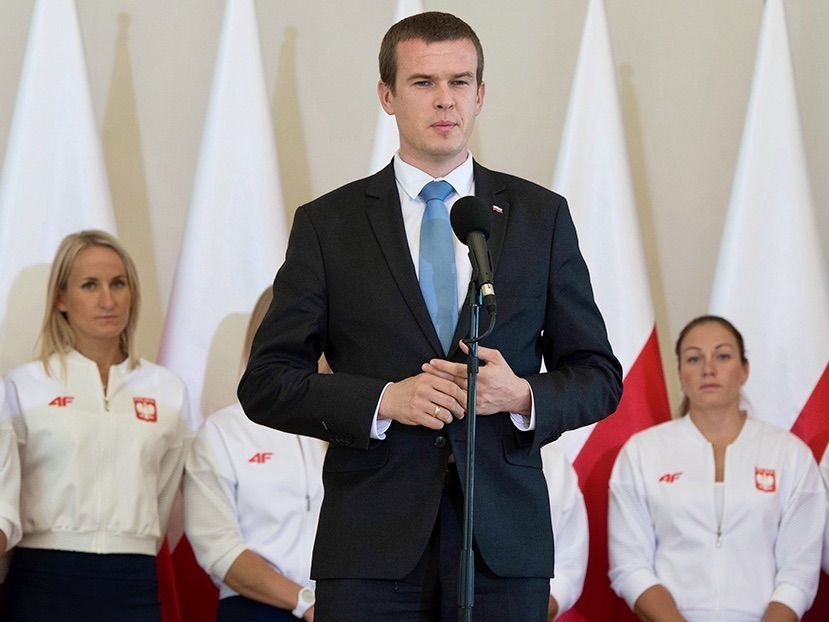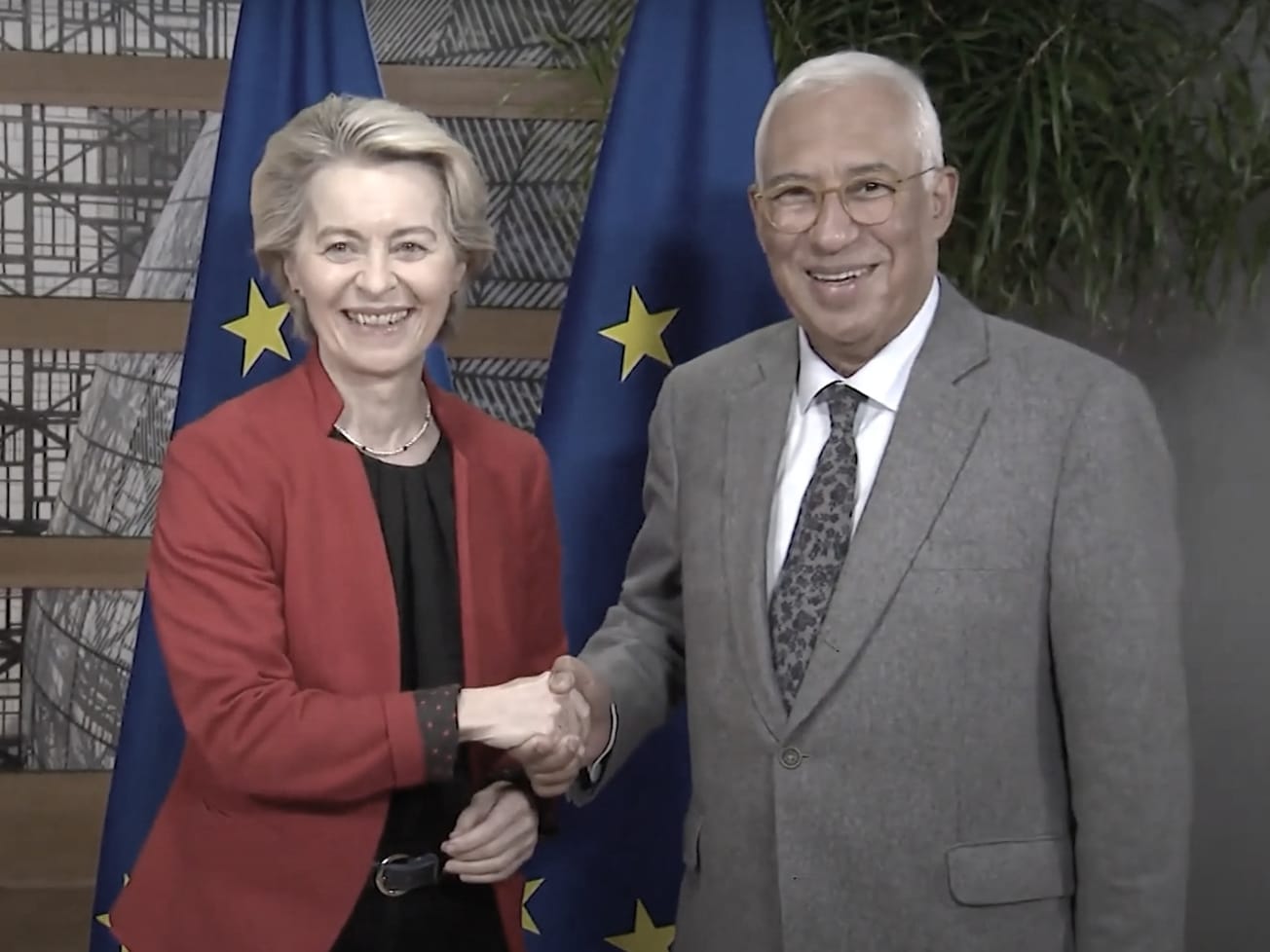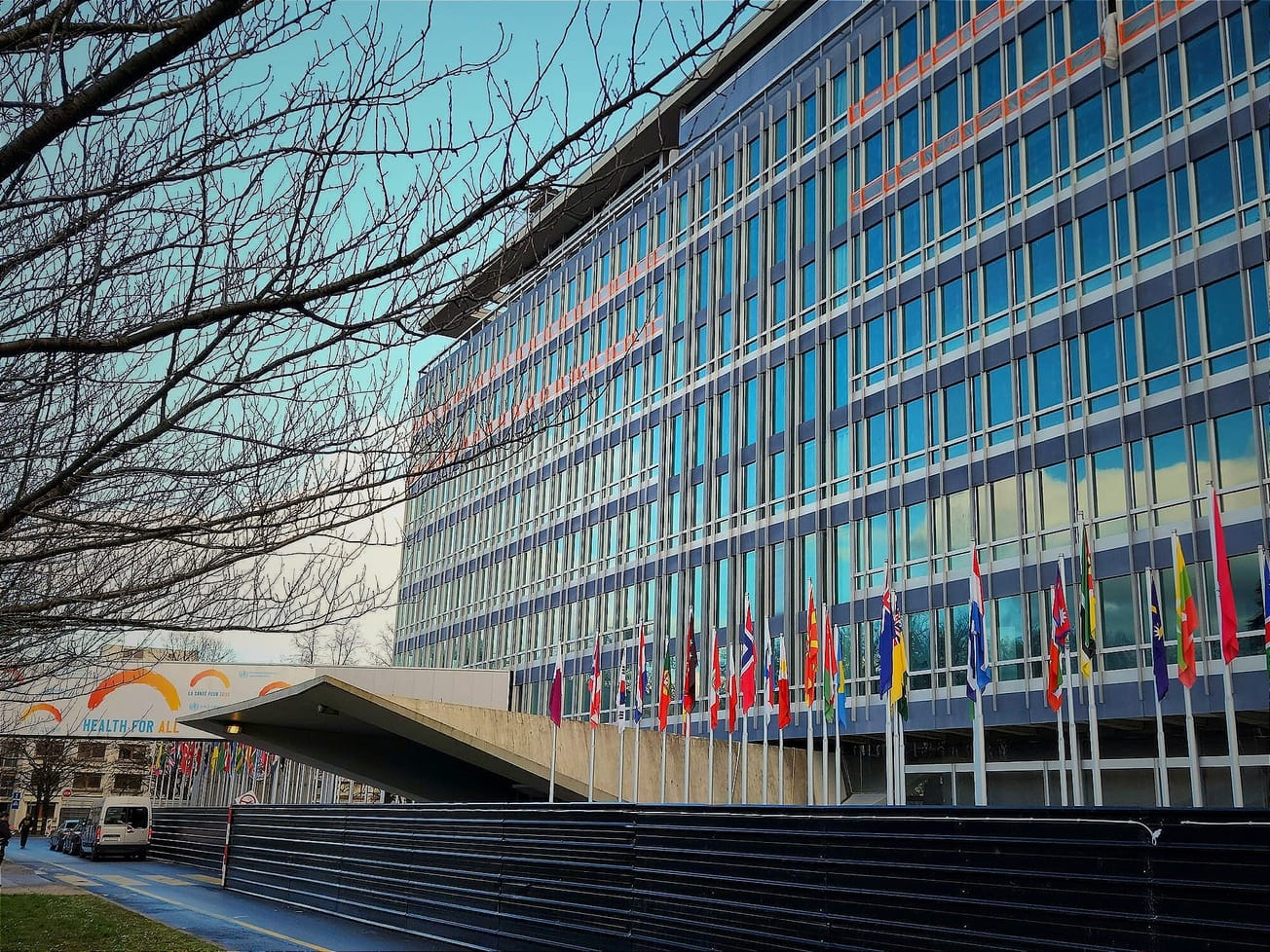Responding to international pressure, the World Anti-Doping Agency said on Friday it will consider amending its rules to prevent the United States from jeopardizing the global anti-doping system.
U.S. President Donald Trump's administration has threatened to withdraw US$2.7 million a year in financial support to force policy changes upon WADA. That represents 8% of the international organization's US$34.2 million budget this year, according to WADA budget figures as of August 26.
Other nations have complained to WADA that its rules should be tightened so a donor nation like the United States cannot use its funding for political leverage.
They want WADA to change its rules so the United States would be deemed noncompliant as a member nation — and, in a potentially far-reaching consequence, American athletes could forfeit qualification to go to the Olympic Games, world championships and other major sporting events.
“This matter has been raised by some concerned governments, not by WADA’s leadership, and as is the case with any proposal raised by a stakeholder, WADA has an obligation to consider it carefully," Witold Bańka, WADA's president, said in a statement also calling for "unity to protect clean athletes."
Bańka, a Polish politician and former Olympic sprinter, pledged to examine WADA's rules to see if they need to be strengthened. WADA's executive committee is expected to take up the matter at its next scheduled meeting, to be held by video conference and hosted by Canada, on September 15.
“My focus remains absolutely on the welfare of athletes and, for their sakes, we must continue to protect the anti-doping system that has served clean athletes. Fairness for athletes all over the world remains my No. 1 priority," said WADA's chief.
"I will never let clean athletes become hostages of political games," he said. "The only way to preserve the global system is for everyone involved to stand united and work together to make it stronger.”
The Montreal-based anti-doping authority gets half its yearly budget from governments and the other half through the Olympic Movement and the International Olympic Committee, or IOC.
After the United States, the next-biggest contributors are Japan, which gives US$1.5 million; Canada, nearly US$1.36 million; and Britain, France, Germany, Italy and Russia, US$1 million each.
In June, the White House Office of National Drug Control Policy released a 19-page report contending the United States should get more value for its contribution to WADA. The report says Americans should have more say over policy-making and deserve to get tougher responses to the Russian doping scandal.
In response, Jim Walden, a lawyer for Russian doping whistleblower Grigory Rodchenkov, said in a statement the report revealed "that WADA is at a minimum incompetent when dealing with serious, endemic corruption, and that it disregards even its own investigators to protect its bottom line."
WADA said it was "deeply disappointed" by the U.S. report and was "particularly troubled" that the White House raised serious allegations about WADA "without due regard for the facts or context and without having raised any of these concerns during WADA board meetings."
Russia and the United States
U.S. Olympic officials strongly criticized WADA over the Russian doping scandal, despite WADA's executive committee deciding last December to ban Russia from competing at international sports events for the next four years. The ruling effectively barred the country from staging official teams bearing its flag and anthem for the 2020 Tokyo Summer Games and 2022 Beijing Winter Games.
The committee’s 12 members, meeting in Lausanne, Switzerland, declared Russia’s anti-doping agency, RUSADA, did not adhere to core WADA policies, rules and regulations for sport worldwide.
Russians who did not take part in the government-sponsored doping scheme can still compete at Tokyo next year as unaffiliated athletes, similar to what happened at the 2018 PyeongChang Winter Games, where 168 Russians competed not on an official team but as “Olympic athletes from Russia.”
RUSADA was handed a three-year ban in 2015 for aiding a massive government-sponsored doping program in use during the 2014 Sochi Winter Games. At the 2016 Rio Summer Games, only Russian athletes with a spotless international record on drug testing were allowed to compete.
More than 100 were disqualified, but another 282 athletes still went to Rio de Janeiro and brought home the fourth-most medals of any nation. RUSADA was reinstated in 2018 on condition that WADA inspectors gain access to RUSADA’s Moscow laboratory. But in September 2019, WADA’s inspectors turned up evidence that led to several disciplinary proceedings and a four-year ban on Russia.
The coronavirus pandemic has forced cancellation or postponement of sports events and competitions around the world. In an unprecedented move, the IOC and Japan announced in March the 2020 Summer Olympics and Paralympics in Tokyo is postponed until 2021 to protect public health.
The rules stem from WADA's World Anti-Doping Code and International Convention against Doping in Sport, the first such global accord against doping in sport, which took effect in 2007. It falls under the auspices of UNESCO, the United Nations’ agency responsible for education, science, and culture.
Some nations "identified what they consider to be a weakness in the rules" that governments could exploit by pulling funding without major consequences, WADA said, without specifying which nations voiced complaints.
"They feel that what is happening with the U.S. government could create a negative precedent internationally that could be replicated and would jeopardize the entire global anti-doping system," said WADA.
As a result, changes to its rules could result in the United States — or any other nation that might try to withhold funding contingent on forcing through organizational reforms — considered noncompliant with the World Anti-Doping Code.








